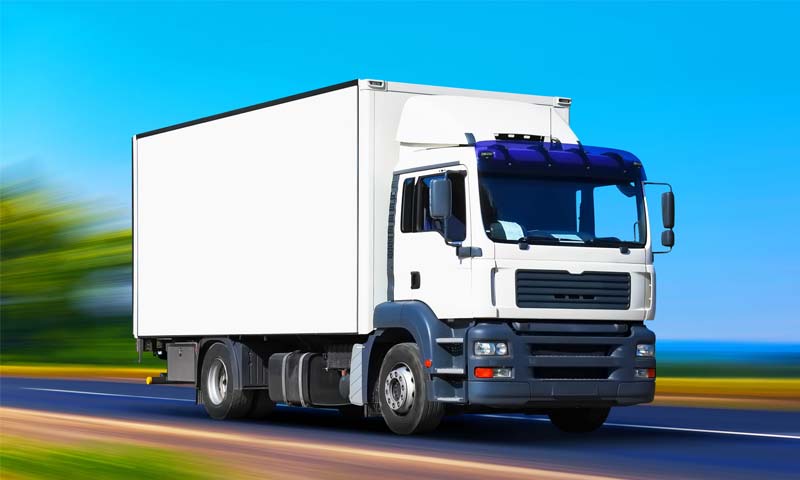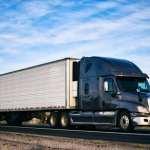Think of insurance as body protection for your truck. Not all policies are equal though. Some have gaping in holes in them.
Much will depend on which state the truck is based in as well as the type of coverage you need.
Shop around and always read the small print thoroughly. If you’re running a business, the last thing you’ll need is a nasty shock if something goes wrong.
Here’s how to figure out what kind of commercial truck insurance is right for you.
Table of Contents
Make a List of What Needs Covering
Truck insurance is very different from regular car insurance. There are so many more factors involved. Some trucks will require the driver to have a special license and stick to strict rules such as the number of hours driven in a day.
Trucks can carry valuable cargos belonging to third parties. You may, therefore, need to be covered against damage to the goods on board. The distances involved in your operation will also play a part in what kind of policy you choose.
The first thing to do is to list the requirements you’d like to see in your policy. You’ll then be in a position to get a truck insurance quote.
Types of Commercial Truck Insurance
You will always need liability insurance no matter which state you are in. This would cover you for any injury or damage to property that a driver is responsible for. Trucks can cause a lot more damage than a car so the minimums will be higher.
Although you could just stick to the legal requirements for insurance, it’s best not to. Here are some of the more common types of coverage you could choose.
Uninsured or Underinsured Motorists
This would cover the truck and drivers should a person who has an accident with your vehicle have insufficient insurance or none at all.
Physical Damage
This would provide coverage so that your truck could be repaired or replaced after an accident or theft.
Non-trucking Liability
This would give you coverage if the truck is being used for things unrelated to the business. It may not cover any cargo in this instance.
Truckers General Liability
This will cover the actions of a driver operating on someone else’s premises. It can also cover delivery mistakes.
Motor Truck Cargo
It’s quite possible that the cargo is worth more than the truck itself. This coverage would pay for any damage to the goods on board. This could be as a result of theft or a refrigeration breakdown, for example.
This level of coverage is one of the most important to consider. It’s best to go for broad coverage, known as a Broad Form policy. If your coverage is too specific, then you could find there are some important exclusions.
Non-Owned Trailer Liability
If you are using someone else’s trailer, then it may not be covered under your regular truck insurance policy. You can make the necessary extension with this coverage.
Medical Payments
This would cover for medical bills if a driver or passenger were to be injured during their journey.
Understanding Deductibles
A cheaper policy may mean higher deductibles. These are what you or your company would have to pay before your insurer settled. Always check how much the deductibles are.
You should also find out how these would work. Would they apply per claim or would they apply separately to both the truck and its cargo should you need to make a claim for both?
Service and Reputation
Do plenty of homework beforehand. You need to be sure that your insurer offers excellent service, not just the elements of the policy you need.
There are agencies that rank insurers. The ratings are designed to help reassure you that an insurance company can meet its obligations. It’s usually best to go for a company that specializes in trucking and has built a good reputation.
When you’re running a business, you’ll also want to receive great service. The amount of time it takes to settle a claim can have a serious impact. The quicker a claim is addressed and processed, the better.
Saving Money on Your Insurance Policy
Committing to a three-year policy may mean a reduction in cost and will also fix the price. You could also increase deductibles in certain instances. Paying for insurance up front rather than spreading the cost in installments tends to work out cheaper.
Consider insuring all your vehicles with the same company. Many insurers will give discounts if companies take out insurance for their entire fleet of vehicles with them.
Prove to your insurer that you have a comprehensive safety program for your company. They may then offer you a reduction in the cost of your policy. The same might apply if you have an excellent maintenance plan.
Don’t overvalue your vehicles. If you do, then you could end up paying more for your insurance than you need to.
Consider whether older trucks require the same coverage as newer ones. You could pay more in insurance than the truck is worth.
Be Honest and Get Your Paperwork in Order
You should always be upfront when you supply information to your insurer. Let them know of any issues your drivers or trucks may have had in the past.
Keep a record of the driver’s license numbers and driving histories of all staff. That needs to include speeding tickets. You’ll also need the VIN numbers (vehicle identification numbers) of each truck.
Make a list of the safety and security features on each truck. Be open and honest about where your trucks are going to be kept, particularly overnight. Make your insurer aware of the radius of your operation.
You’ll need an MC number from your ICC authority if you plan to move goods across state lines. To qualify, your insurance coverage will need to meet certain requirements based on the tonnage of your truck and its loads.
Understanding the Risks
To ensure you’re properly insured, you’ll need to understand the risks in your business. Then you can decide on a level of protection that’s right for you. Research well and use a company that has experience in commercial truck insurance.
Continue reading our automotive blogs for tips to help you in the event of a road traffic accident.











